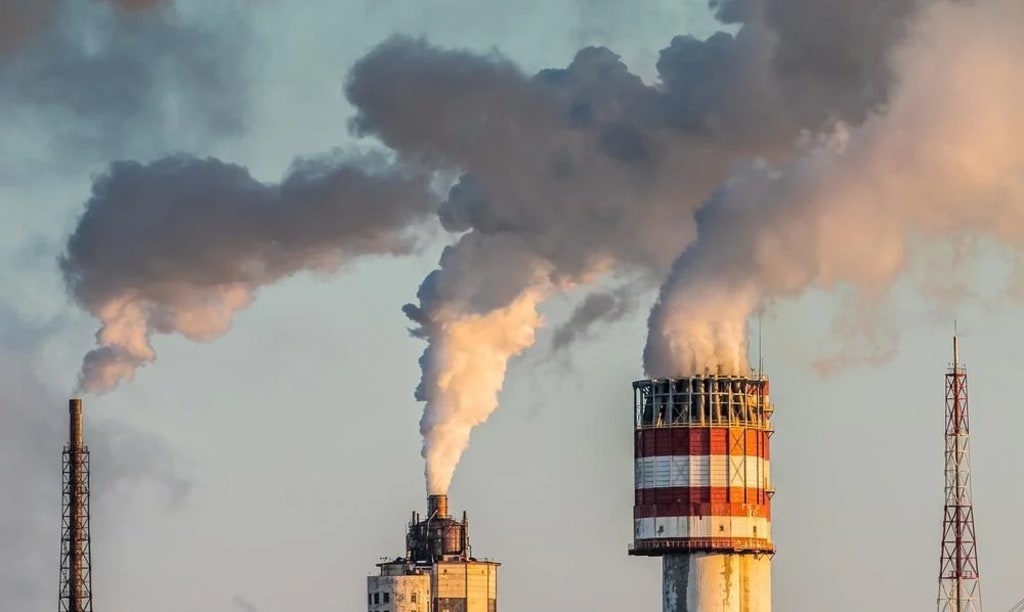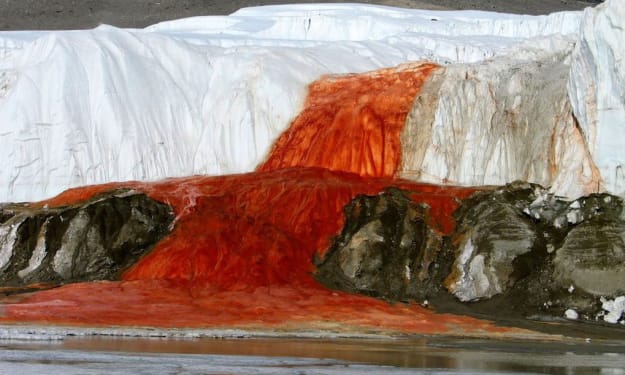Breaking Down the Role of Carbon-Capture Lobbyists at Cop28
Analyzing the Influence of Carbon-Capture Lobbyists at Cop28

The organizers of Cop28 have granted access to at least 475 lobbyists advocating for carbon capture and storage (CCS) technologies. These technologies, deemed ineffective by climate scientists in curbing global heating, are being heavily promoted by fossil fuel industries and high-pollution sectors during the UN climate talks.
The Centre for Environmental Law (Ciel) calculated this figure exclusively shared with The Guardian, marking the first effort to monitor the escalating influence of CCS advocates within these crucial climate discussions.
At the heart of the push for CCS, which includes carbon capture, utilization, and storage (CCUS), lies the assertion by proponents that these technologies enable the trapping and burial of carbon dioxide emissions underground or beneath the seabed, or repurposing CO2 in fuel or fertilizer production.
However, experts from the Intergovernmental Panel on Climate Change concur that phasing out oil, gas, and coal remains the sole viable approach to significantly curbing global heating to levels close to 1.5C above pre-industrial levels. They view CCUS and similar unproven technologies as diversionary tactics that, at best, offer minimal contributions to the cause.
Lili Fuhr, director of Ciel’s fossil economy program, highlighted the intensity with which the fossil fuel industry and its allies are advocating for CCS at Cop28, labeling it both a lifeline and a delaying tactic. She emphasized the need to resist allowing a wave of carbon capture lobbyists to create a significant loophole in the energy policies under discussion.
The prominence of oil and gas influence at Cop28 is unprecedented, with 2,456 industry-associated lobbyists—nearly quadruple the number registered during Cop27 in Sharm el-Sheikh.
The dominance of the carbon capture bloc surpasses several official Indigenous representatives by 50% and outnumbers delegates from several highly climate-affected countries. Despite the core issue of fossil fuel phase-out being central to negotiations at Cop28, major fossil fuel producers are being accused of hindering an unequivocal agreement by advocating for references to "abated" fossil fuels in the global stocktake discussions.
While CCUS has been fervently promoted in high-level meetings and numerous side events, doubts persist regarding its effectiveness. Even capturing 1.2 gigatonnes of CO2—a proposed target—would only represent a meager 3% reduction from 2022's global emissions.
CCUS projects, historically, have fallen short of promises. For instance, Chevron's Gorgon gas facility missed its carbon capture targets by approximately 50% during its initial five years of operation. Critics argue that reliance on CCUS and other similar technologies fails to address the substantial health implications linked to air pollution stemming from fossil fuel extraction and combustion.
The release of internal industry documents in 2021 revealed that oil executives acknowledge the limitations of CCUS while recognizing its potential as a means to sustain fossil fuels. This sentiment was echoed by Vicki Hollub, CEO of Occidental, who highlighted the role of direct air capture in enabling the oil industry's continued operation for several decades.
Rachel Cleetus from the Union of Concerned Scientists reiterated that CCUS cannot significantly contribute to emission reduction in the critical timeframe required. The essential task, she emphasized, remains the drastic reduction of fossil fuel use without any shortcuts.
The 475 CCS lobbyists identified from the UN's provisional participant list at Cop28 represent entities advocating for carbon capture and utilization or storage projects, including those partnering with such initiatives and others publicly supporting these technologies.
Amid this, activists like Blessed Chidhoni from the Global Campaign to Demand Climate Justice criticize the presence of thousands of fossil fuel lobbyists pushing distractions like CCS, hindering efforts for a swift and equitable fossil fuel phase-out, while disproportionately impacting communities already grappling with severe climate impacts.
A spokesperson for the Carbon Capture and Storage Association defended the technology, stating that carbon capture will play a significant role alongside energy use reduction and the expansion of renewable electricity in achieving net-zero goals.






Comments
There are no comments for this story
Be the first to respond and start the conversation.